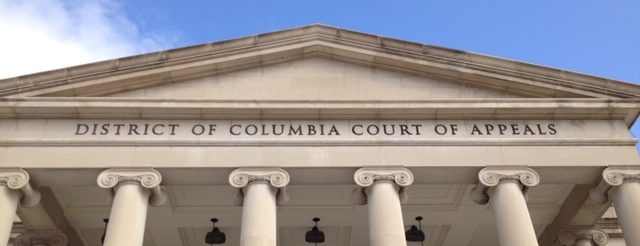Unlawful entry and the “independent justification requirement”
According to the “independent justification” requirement, an order to leave public property must be given by a person with authority based on some established policy, rule or regulation. Otherwise, the government cannot prove the elements of the criminal offense of unlawful entry. *** Dr. Derek J. Morris was attempting to file a pro se petition for a writ of certiorari …














